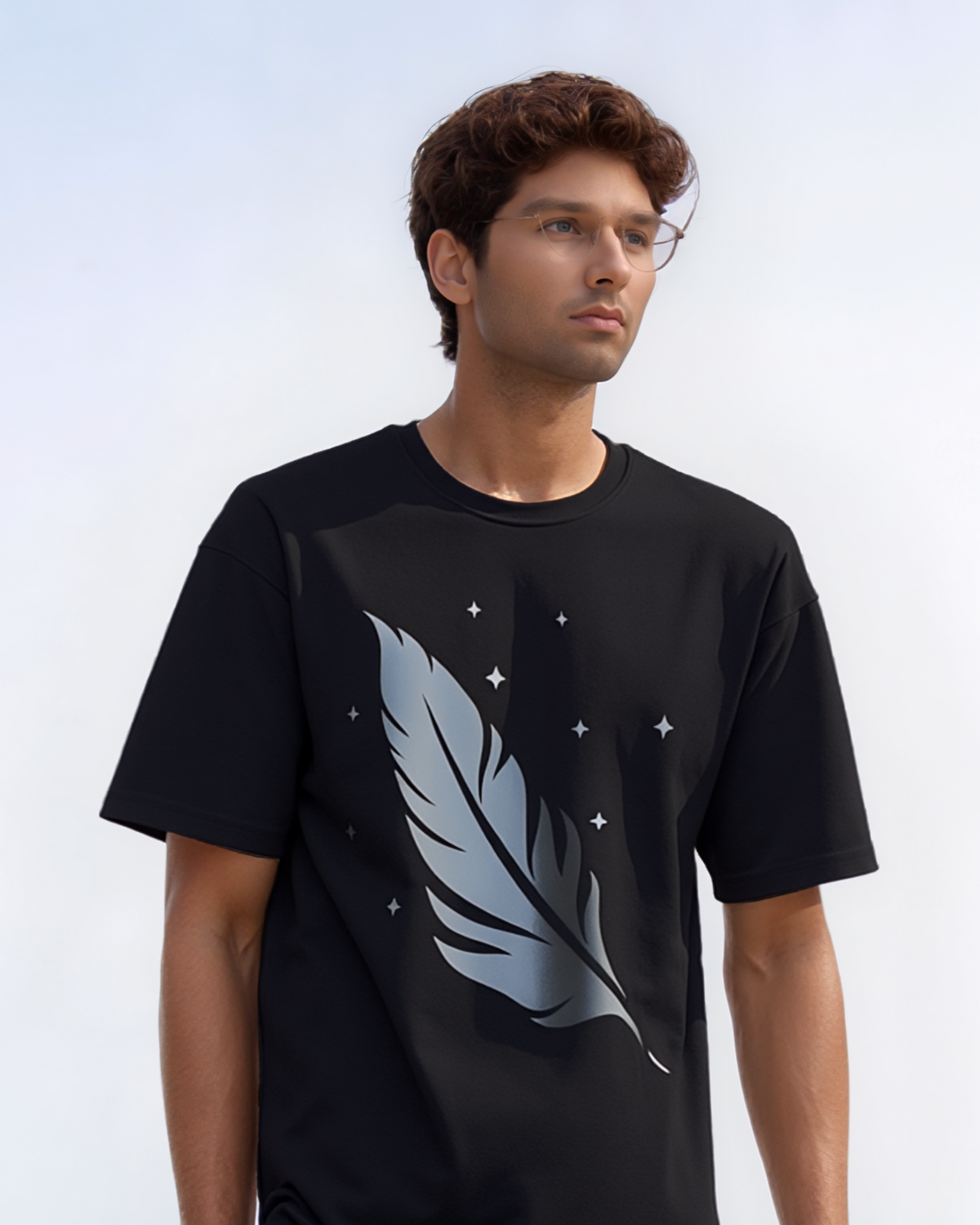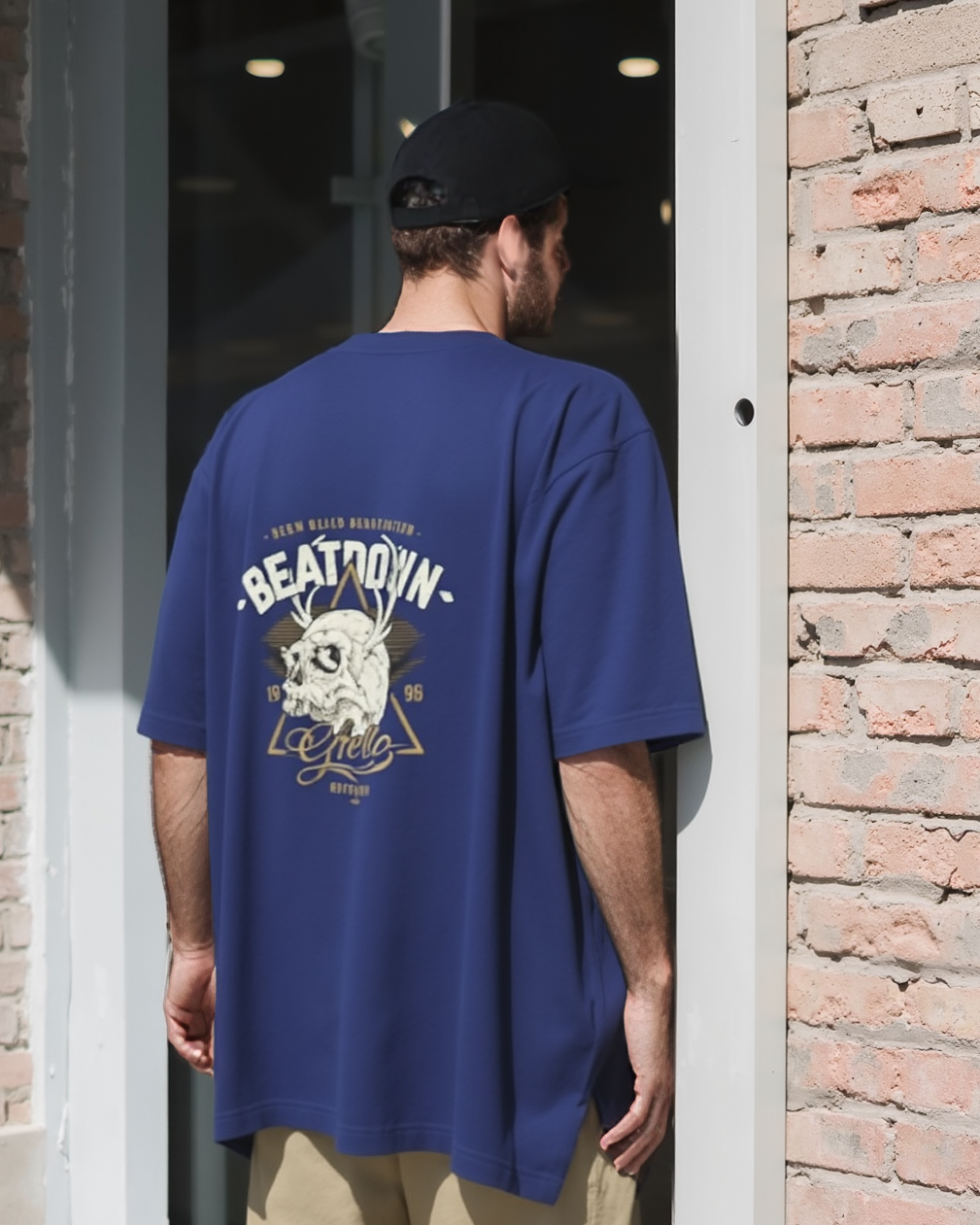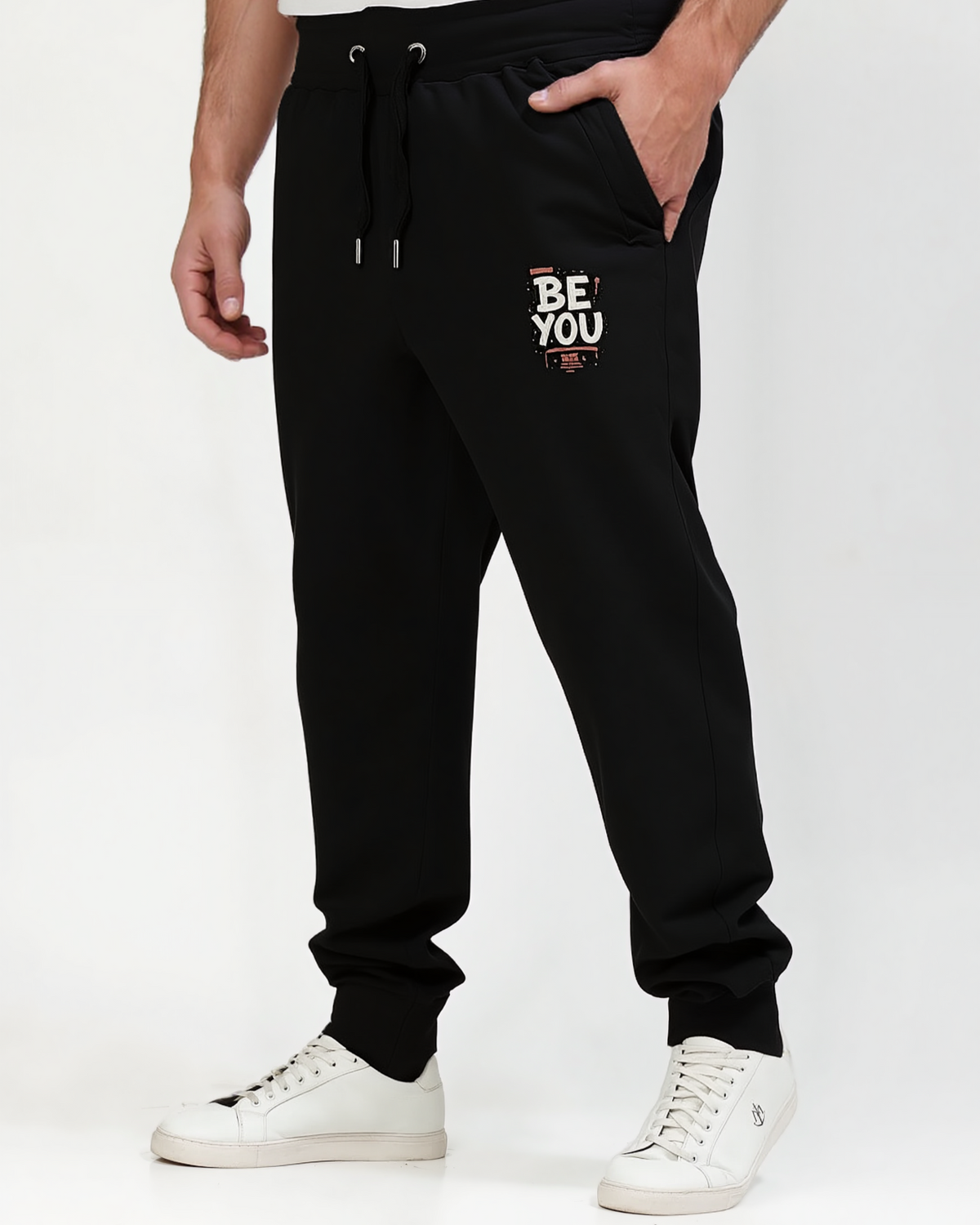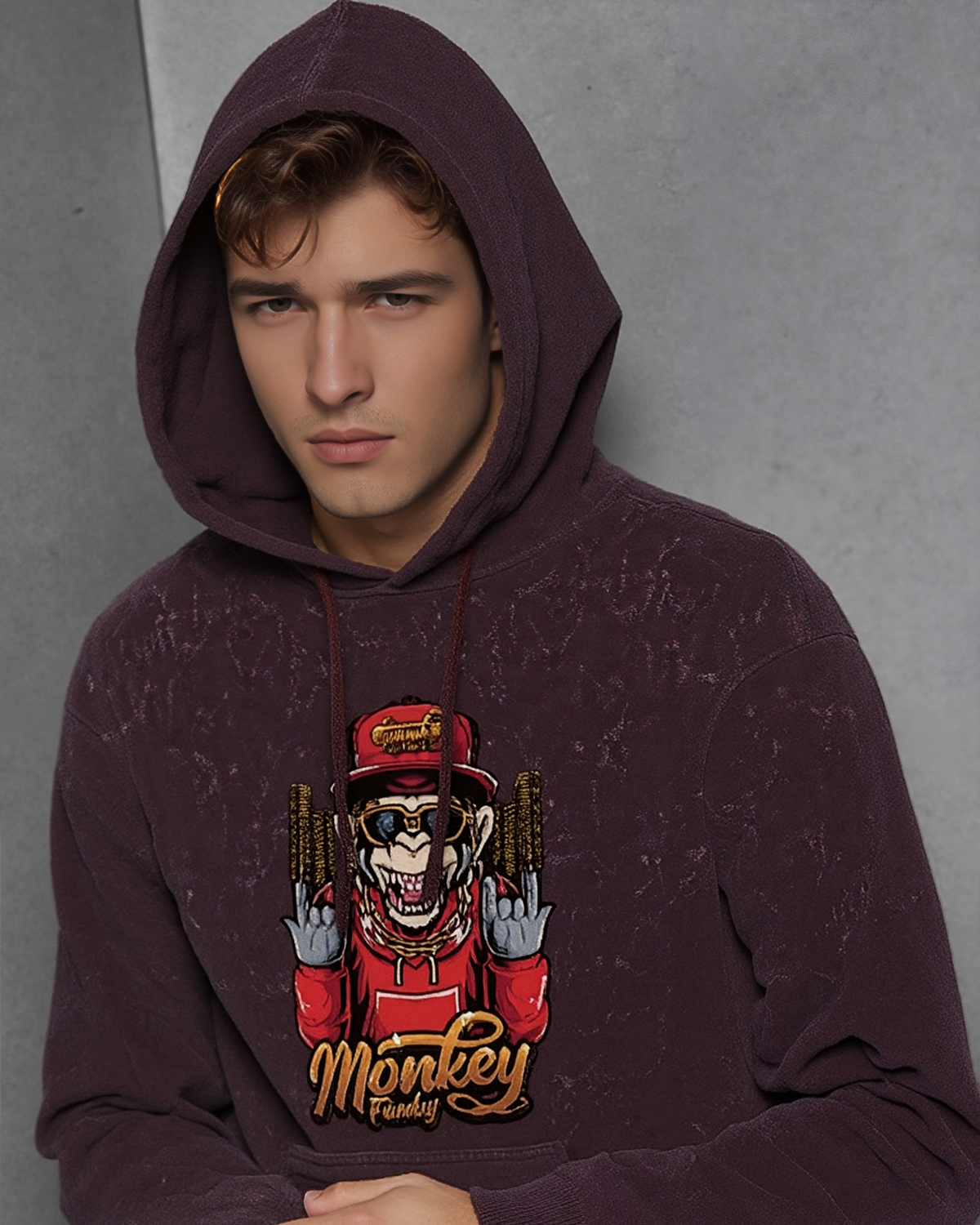Gift-giving is a timeless expression of affection, appreciation, and human connection. From lavish presents to handwritten notes, the value of a gift is rarely found in its price tag but rather in its intention. Yet, when it comes to selecting the perfect gift, many people hesitate over smaller or seemingly modest items—like keychains. This brings us to the frequently asked question: Can we give a keychain as a gift?
The short answer is yes—but with a few thoughtful considerations. Let's dive into the nuances that can transform a simple keychain into a meaningful, appreciated, and cherished gift.
The Symbolism Behind Keychains
To truly understand the impact of gifting a keychain, it’s important to consider what it represents. Keychains are more than functional trinkets. They are often symbolic, representing stability, access, and responsibility.
Keys themselves signify entrance, opportunity, and security. Giving someone a keychain, then, can metaphorically imply that you’re wishing them access to new paths, opportunities, or even a stable and organized life. A well-thought-out keychain can serve as a daily reminder of your bond with the recipient. Every time they reach for their keys—whether for home, office, or vehicle—they’re reminded of you.
When Does a Keychain Make a Good Gift?
Not all keychains are created equal, and context matters greatly when determining if a keychain is an appropriate gift. Here are a few scenarios where gifting a keychain makes perfect sense:
1. As a Token of Appreciation
If someone has helped you in a small yet meaningful way—a colleague who supported your project, a teacher who guided you through a tough semester, or a friend who offered emotional support—then a keychain can be the perfect thank-you gesture. It’s compact, functional, and easy to personalize.
2. For Life’s Milestones
Graduations, new jobs, buying a car, or moving into a new home—these events all involve new keys. A keychain gifted during these times can hold emotional weight. It marks a fresh start and acts as a small but thoughtful contribution to a new chapter in someone’s life.
3. As a Souvenir
Keychains have long served as popular keepsakes during travel. Giving a friend or loved one a keychain from a place you visited shows that they were in your thoughts even when you were away.
4. In Romantic Relationships
While it may not be the go-to romantic gift like flowers or jewelry, a keychain can hold deep sentimental value when it’s symbolic. For instance, a matching set of keychains can be a modern version of the classic “lock and key” gesture, representing emotional connection and exclusivity.
How to Make a Keychain Gift Memorable
The key to giving a keychain that doesn't come across as impersonal lies in how much thought you put into it. Here are several ways to elevate your gift:
1. Personalization
Adding a personal touch—like engraving the recipient’s initials, an important date, or a short message—can significantly enhance the value of a keychain. It transforms it from a generic item into something unique and sentimental.
2. Design Relevance
The design should reflect the recipient's personality or interests. Is the person a music lover? A miniature guitar keychain might be perfect. An avid traveler? Try a compass or a globe motif. An animal lover? A custom-made pet paw keychain can be endearing.
3. Quality Over Quantity
Avoid mass-produced keychains that scream “last-minute buy.” Choose one made of high-quality materials—like leather, wood, or stainless steel—that not only looks good but also lasts longer. Quality speaks volumes about your thoughtfulness.
4. Packaging Matters
Presentation can elevate even the simplest of gifts. A keychain handed over plainly may feel underwhelming. But the same item presented in a small, elegant box or a hand-wrapped package suddenly feels more meaningful.
Debunking the “Cheap Gift” Myth
There is a common misconception that keychains are “cheap” or uninspired gifts. This perception exists mostly because people often encounter them in tourist shops or as promotional freebies. However, it’s worth noting that cost does not define the emotional worth of a gift. A well-designed keychain, given with intent and meaning, can be far more valuable than a pricey item selected without any real thought.
Remember, history has shown us that some of the most treasured possessions are not those with the highest price tags, but those tied to memories and emotions.
When Not to Give a Keychain
While keychains are generally versatile, there are moments when they might not hit the mark:
- Formal Occasions: Events like weddings or corporate award ceremonies may call for something more elaborate or traditional. A keychain might feel underwhelming unless it’s part of a larger, more customized gift set.
- If It’s the Only Gift in a Milestone Event: For milestone birthdays or anniversaries, a solitary keychain might feel minimal unless it’s symbolic or comes with a deeply personal backstory.
- If It Lacks Personal Relevance: Gifting a keychain without considering the recipient’s tastes can come across as thoughtless. Avoid generic designs unless you know they’ll appreciate it.
A Gift with Daily Impact
What makes a keychain unique in the realm of gifting is its utility. Unlike many gifts that find a place on a shelf or in a drawer, a keychain is something people carry with them daily. It becomes a companion to routines, travels, and life moments. And in that regularity, it quietly reminds the receiver of the giver’s thoughtfulness.
In a world overflowing with things, the best gifts are often the ones that are used and remembered every day. A keychain, though modest in size, holds the potential to become such a gift—if chosen with intent.
Conclusion: Small Gift, Big Heart
So, can we give a keychain as a gift? Absolutely—when it's done with consideration and care. It’s not about how grand the item is, but how it fits into the recipient’s world. Whether it’s a personalized token of appreciation, a symbolic gesture for a life milestone, or just a way to say “I’m thinking of you,” a keychain can be surprisingly powerful.
After all, it’s not just about holding keys—it’s about holding memories.




